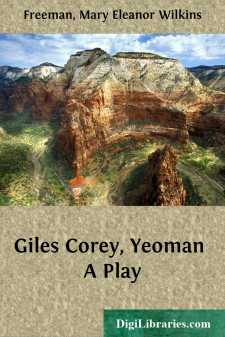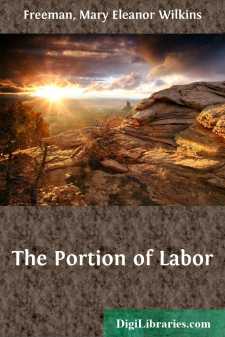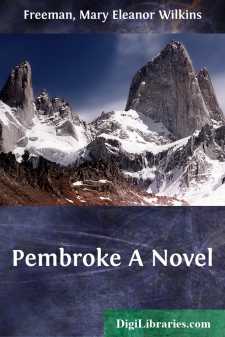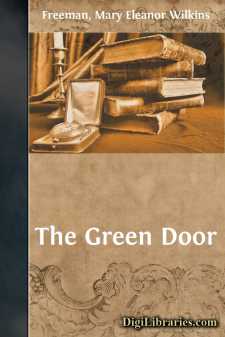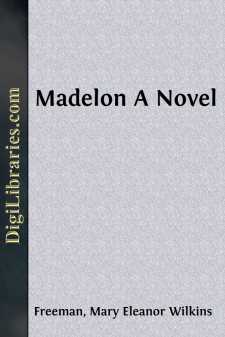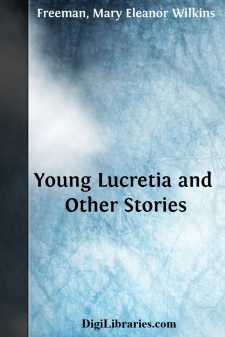Categories
- Antiques & Collectibles 13
- Architecture 36
- Art 48
- Bibles 22
- Biography & Autobiography 816
- Body, Mind & Spirit 145
- Business & Economics 28
- Children's Books 17
- Children's Fiction 14
- Computers 4
- Cooking 94
- Crafts & Hobbies 4
- Drama 346
- Education 58
- Family & Relationships 59
- Fiction 11834
- Foreign Language Study 3
- Games 19
- Gardening 17
- Health & Fitness 34
- History 1378
- House & Home 1
- Humor 147
- Juvenile Fiction 1873
- Juvenile Nonfiction 202
- Language Arts & Disciplines 89
- Law 16
- Literary Collections 686
- Literary Criticism 179
- Mathematics 13
- Medical 41
- Music 40
- Nature 179
- Non-Classifiable 1768
- Performing Arts 7
- Periodicals 1453
- Philosophy 66
- Photography 2
- Poetry 897
- Political Science 203
- Psychology 45
- Reference 154
- Religion 516
- Science 126
- Self-Help 85
- Social Science 82
- Sports & Recreation 34
- Study Aids 3
- Technology & Engineering 59
- Transportation 23
- Travel 463
- True Crime 29
Mary Eleanor Wilkins Freeman
Mary Eleanor Wilkins Freeman was a prominent American author known for her novels and short stories depicting New England village life in the late 19th and early 20th centuries. Her works often explored themes of female independence and the social dynamics within small communities, with notable pieces including "A New England Nun" and "The Revolt of 'Mother'." Freeman's writing earned her significant recognition, and she was one of the first women to be inducted into the National Institute of Arts and Letters.
Author's Books:
Sort by:
Act I. Scene I.—Salem Village. Living-room in Giles Corey's house. Olive Corey is spinning. Nancy Fox, the old servant, sits in the fireplace paring apples. Little Phœbe Morse, on a stool beside her, is knitting a stocking. Phœbe (starting). What is that? Oh, Olive, what is that? Nancy. Yes, what is that? Massy, what a clatter! Olive (spinning). I heard naught. Be not so foolish, child. And...
more...
On the south a high arbor-vitæ hedge separated Evelina's garden from the road. The hedge was so high that when the school-children lagged by, and the secrets behind it fired them with more curiosity than those between their battered book covers, the tallest of them by stretching up on tiptoe could not peer over. And so they were driven to childish engineering feats, and would set to work and pick...
more...
PART I Opposite Miss Eudora Yates's old colonial mansion was the perky modern Queen Anne residence of Mrs. Joseph Glynn. Mrs. Glynn had a daughter, Ethel, and an unmarried sister, Miss Julia Esterbrook. All three were fond of talking, and had many callers who liked to hear the feebly effervescent news of Wellwood. This afternoon three ladies were there: Miss Abby Simson, Mrs. John Bates, and Mrs....
more...
Chapter I On the west side of Ellen's father's house was a file of Norway spruce-trees, standing with a sharp pointing of dark boughs towards the north, which gave them an air of expectancy of progress. Every morning Ellen, whose bedroom faced that way, looked out with a firm belief that she would see them on the other side of the stone wall, advanced several paces towards their native land....
more...
THE POT OF GOLD. The Flower family lived in a little house in a broad grassy meadow, which sloped a few rods from their front door down to a gentle, silvery river. Right across the river rose a lovely dark green mountain, and when there was a rainbow, as there frequently was, nothing could have looked more enchanting than it did rising from the opposite bank of the stream with the wet, shadowy mountain...
more...
Chapter I At half-past six o'clock on Sunday night Barnabas came out of his bedroom. The Thayer house was only one story high, and there were no chambers. A number of little bedrooms were clustered around the three square rooms—the north and south parlors, and the great kitchen. Barnabas walked out of his bedroom straight into the kitchen where the other members of the family were. They sat...
more...
In 1682, when I was thirty years of age and Mistress Mary Cavendish just turned of eighteen, she and I together one Sabbath morning in the month of April were riding to meeting in Jamestown. We were all alone except for the troop of black slaves straggling in the rear, blurring the road curiously with their black faces. It seldom happened that we rode in such wise, for Mistress Catherine Cavendish, the...
more...
Letitia lived in the same house where her grandmother and her great-grandmother had lived and died. Her own parents died when she was very young, and she had come there to live with her Great-aunt Peggy. Her Great-aunt Peggy was her grandfather's sister, and was a very old woman. However, she was very active and bright, and good company for Letitia. That was fortunate, because there were no little...
more...
Chapter I There was a new snow over the village. Indeed, it had ceased to fall only at sunset, and it was now eight o'clock. It was heaped apparently with the lightness of foam on the windward sides of the roads, over the fences and the stone walls, and on the village roofs. Its weight was evident only on the branches of the evergreen-trees, which were bent low in their white shagginess, and lost...
more...
"Who's that little gal goin' by?" said old Mrs. Emmons. "That—why, that's young Lucretia, mother," replied her daughter Ann, peering out of the window over her mother's shoulder. There was a fringe of flowering geraniums in the window; the two women had to stretch their heads over them. "Poor little soul!" old Mrs. Emmons remarked further. "I pity that...
more...


